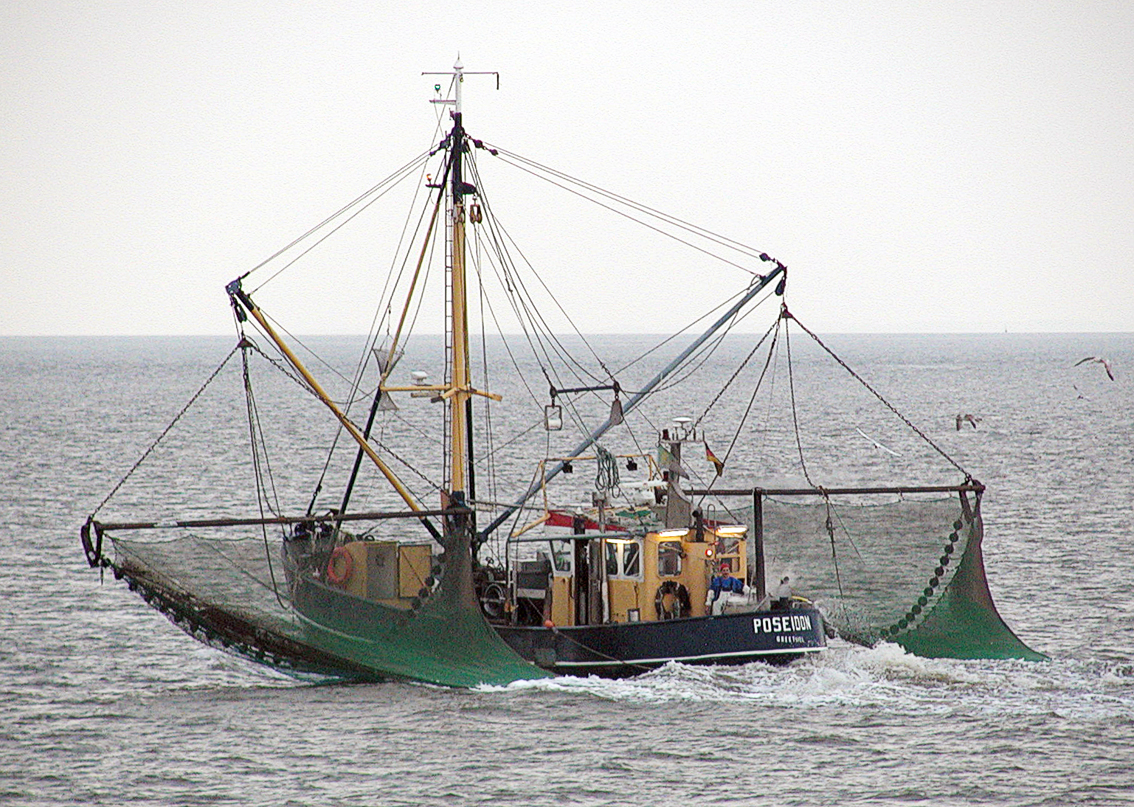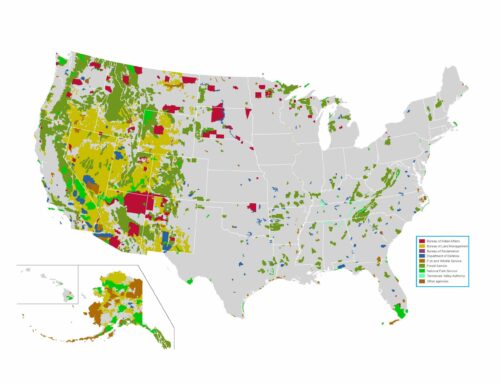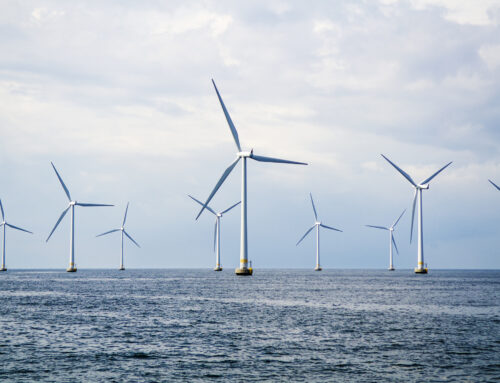by Greg Walcher, E&E Legal Senior Policy Fellow
As appearing in the Daily Sentinel
Southerners have enjoyed shrimp and grits for generations, New Englanders have their clam chowder, Marylanders their crab cakes, and Cajuns their crawfish etouffee. Oysters Rockefeller is a century-old tradition, while calamari, sushi, and ceviche are more of an acquired taste, but growing in popularity.
Thankfully, all those fish no longer need worry about social justice, as the Biden administration unveils its new initiative to “Integrate Principles of Equity and Environmental Justice in Federal Ocean Activities.” Whew! People who depend on the ocean for their livelihoods, and we who enjoy the fruits of their labors, have been worried about this for years. This was a delicate balancing act for any administration, but the current leaders apparently have it figured out.
You see, the primary aim of the officials involved in this initiative is to mitigate climate change by putting a stop to commercial fishing. We can’t have fishing boats just roaming around out there willy-nilly while burning marine fuel. Limiting their catch might help preserve the future of the fisheries and their species, but it doesn’t do anything about carbon dioxide in the atmosphere. These boats must be banished from the brine, and the communities they hail from transitioned to some greener industry. But there is a problem with that, and thus the need for balance.
Namely, some of the commercial fishermen and communities that will suffer from such a ban are minorities. Or as the White House press release puts it, “because of historic injustices and underinvestment some communities are hit harder by devastating climate change impacts.” According to the accompanying report, that means “Ocean communities with a significant proportion of people who are Black, Latino, Indigenous and Native American, Asian American, Native Hawaiian, or Pacific Islander,” as well as people who are poor, or “communities with a significant proportion of people who experience persistent poverty or other forms of social inequality.”






